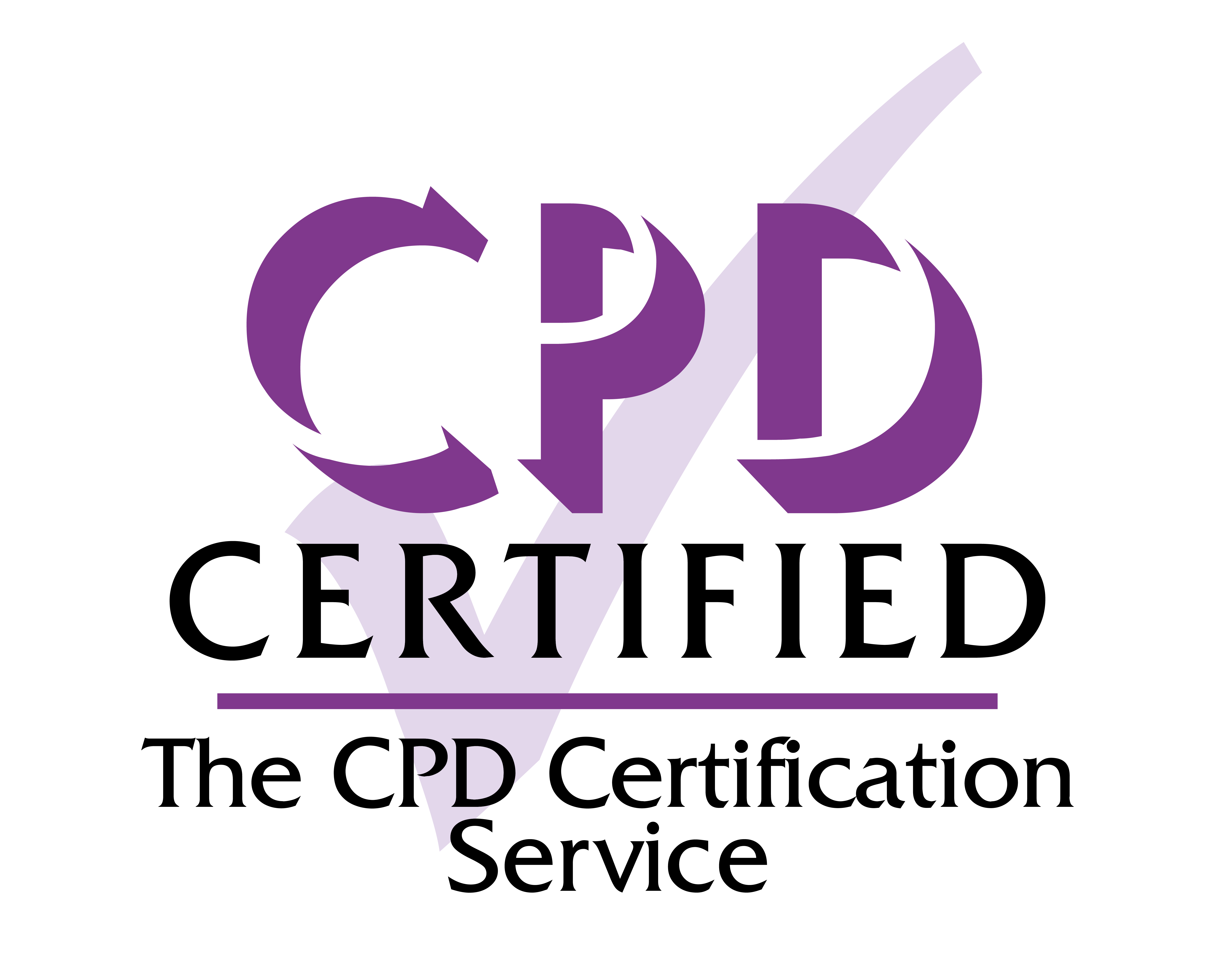Key information
Price
US$2,600
Commitment
6-8 hours per week
Study mode
Tutor guided
Certificate of Achievement
Evidence your learning with a Certificate of Achievement from the University of Cambridge on successful completion
Duration of 6 weeks
Regular weekly participation is key to gaining the most from your learning experience.
Course overview
Created with the University of Cambridge’s Centre for Science and Policy (CSaP), this course will provide learners with analytical tools and frameworks to deeply understand the problems they may be facing, improve their decision-making processes, and produce effective, evidence-based policy solutions.
This course will dig into issues impacting the creation of rigorous policies, including considering what rational decision-making is. It will equip you with frameworks to understand individual and group decision-making behaviours, and how to overcome some of the problems that arise. We will explore a range of factors that may contribute to personal decision-making, including subliminal messaging, nudging, and behavioural economics.
Evidence analysis will be at the forefront of your learning, with this course featuring unique courtroom simulation activities to allow you to hone your abilities in critically evaluating, and advocating for, different interpretations of evidence. Supported by your peers and the course leaders, this will develop your confidence in comprehensively assessing complex (and often conflicting) evidence to make informed policy decisions in your career going forwards.
What will I learn?
- apply your knowledge of decision-making from a decision sciences perspective to real world problems
- assess how decision-making can be improved in a real-world context
- understand of the role of political science, public policy and specific philosophies on evidence-based policy-making and connect these concepts to personal experience of policy decision-making
- identify what evidence is, and use different types of evidence to address a policy issue or issues
- consider practical approaches to weighing evidence in order to inform policy decision-making, and identify and explain the ethical issues faced when using different forms of evidence
- critically analyse policy issues to identify the cause(s) of the issue(s) and produce a graphical representation of policy problems.
Who is this course for?
This course is designed for individuals responsible for policy decisions across government, the private sector and NGOs, including:
- public policy and political science professionals
- researchers, analysts and decision managers
- individuals working within the UK Civil Service, Australian Public Service, US Federal Civil Service, Public Service of Canada and other public bodies of government across the world.
Course delivery
Our certificated courses reflect the Cambridge experience and values, with low student to tutor ratios and academically rigorous standards. Our learning model is designed to help you advance your skills and specialise in emerging areas that address global challenges. We will help you build your network through an engaging and impactful learning journey that encourages collaboration. Courses are delivered in weekly modules, allowing you to plan your time effectively. The assessment criteria will be presented to you at the start of the course, so you can approach your studies with confidence and motivation, knowing what is expected of you and how to meet those expectations.
Throughout your online learning experience, you will have access to your course tutor, who will help facilitate your learning and provide you with support and guidance during your studies. You can interact with your tutor through a range of media, such as live sessions, discussion forums, email or canvas messaging.
Each course includes a balance of:
- interactive learning and real-world application so you can directly apply what you’re learning to your own context
- diverse teaching methods to enhance learning outcomes which will be delivered via learning activities such as University of Cambridge academic led videos, quizzes and group work
- optional live sessions (1 hour) with University of Cambridge academics and tutors to deepen your understanding of the week's material. These sessions may include an informal Q&A, a short lecture or a breakout activity that builds on the content introduced that week. All sessions are recorded and made available to stream so you can catch up whenever suits you
- guided critical thinking via our reflective workbook so you can collect, structure and summarise information and your thoughts as you progress through the course.
What will I get on completion?
Evidence your learning with a Certificate of Achievement from the University of Cambridge on successful completion
Let’s keep in touch
Sign up here to receive news and updates about Cambridge Advance Online courses from us and relevant university departments.



